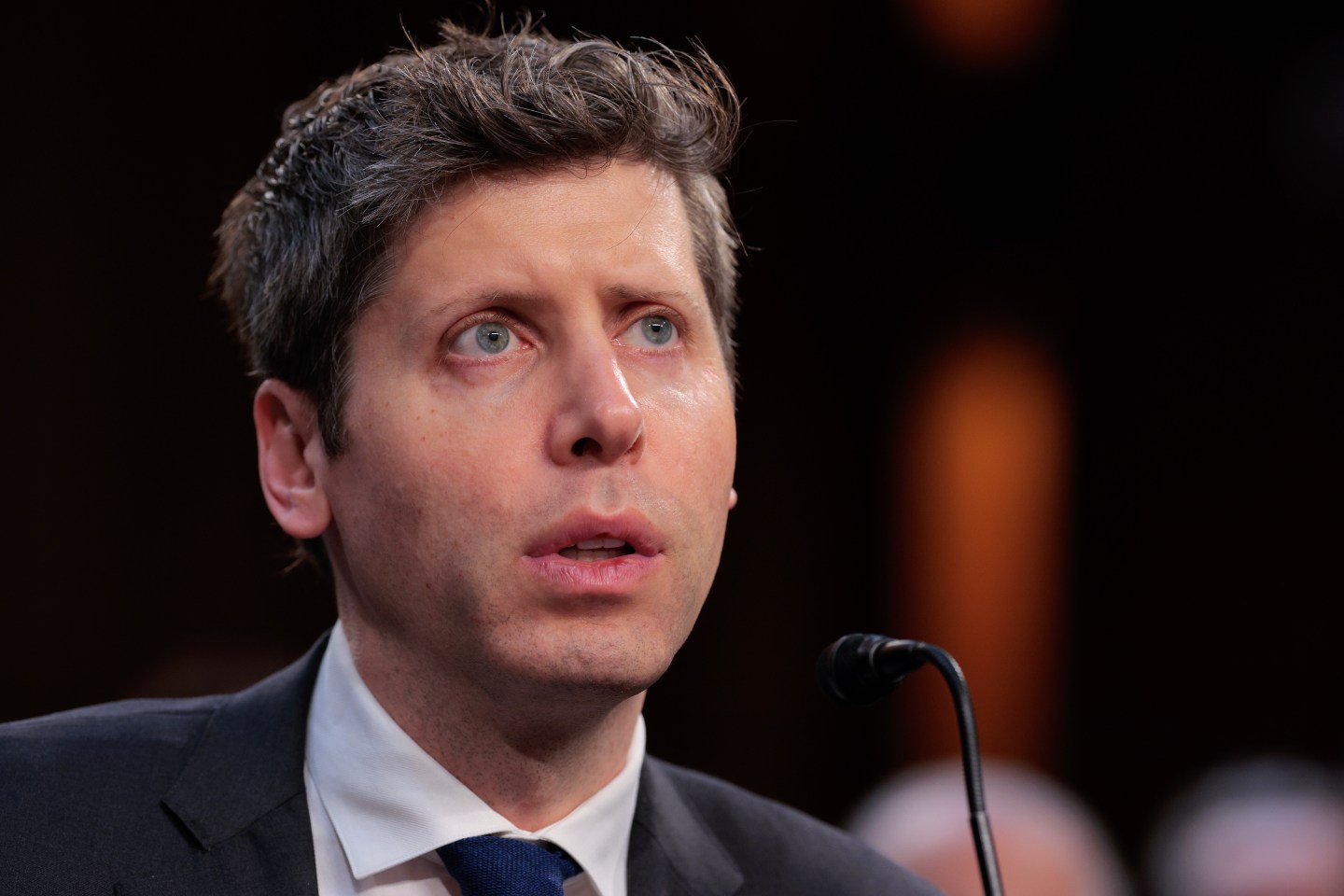State pension funds will run the risk of going dry if the economy slows down, according to a recent study by The Pew Charitable Trusts.
The study, published this month, found that pension funds in New Jersey and Kentucky are most at risk of collapse due to a steady decrease in public pension system funding. Both states saw pension funding levels decrease from more than 100% to just 31% between fiscal years 2000 and 2016.
New Jersey and Kentucky possess the two lowest-funded state pension systems nationwide, but many more pension funds across the country are at risk according to the study, which also analyzed the stability of pension systems in Colorado, Connecticut, North Carolina, Ohio, Pennsylvania, South Carolina, and Wisconsin.
“Even after eight years of economic recovery—eight straight years of stock market gains—the public pension plans are more vulnerable than they’ve ever been to the next recession,” researcher Greg Mennis said in an interview with the Associated Press.
Researchers came to their conclusions after performing various stress tests—simulations of the effects of different economic scenarios — on the pension funds. In a situation where investments returns are lower than expected, pension funds in New Jersey and Kentucky can be depleted, unless public officials take action by way of raising state contributions. Reducing pension benefits is also an option, but a plan to reduce pension benefits for teachers in Kentucky led to statewide walkouts earlier this year.
New Jersey has been gradually raising its pension fund contributions thanks to new funding policies, but the report notes that full funding will be a challenge, citing the state’s weak track record for making annual required contributions.
On the contrary, the study found that pension systems in North Carolina and Wisconsin—the two best-funded pension systems in the country—were comparatively healthy, thanks to robust contribution policies and a defined benefit plan that is intended to split the burden of unexpected costs between employees and employers.












